For many homebuyers, the mortgage process is an important part of the homeownership experience, and you may have several questions in your mind if you are going through it for the first time. The following are some commonly asked questions regarding how home mortgages work, and what factors you can anticipate when applying for a home loan.
How Will I Qualify For A Mortgage?
The most important factor that is reviewed when considering someone for a mortgage is their financial condition. There are three factors that will determine whether or not you will be able to qualify for your first mortgage, and these are your credit history, income, and down payment. If you are seeking to purchase your first home, you will need to qualify for your first mortgage so it is advisable to talk to a broker and follow the steps to become pre-qualified for a home loan. After that, you will learn whether you are able to purchase immediately or come up with a strategy to help you become qualified for a loan later. In order to qualify for a loan, you will need to demonstrate that you have been paying your bills, that you have the income to cover the expenses of home ownership, and have a down payment.
How Will Interest Rates Affect My Mortgage?
Interest rates fluctuate in response to the economy and world events, and can impact the amount one pays for a home over the lifespan of the mortgage. When interest rates rise, the cost of borrowing increases. Higher interest rates can amount to many thousands of dollars over the lifetime of a mortgage. Lower interest rates on the other hand allow prospective homebuyers to save thousands of dollars in interest payments each year. Lower interest rates are preferable as it allows one to save money in the short and long term, and use that money elsewhere. It is advisable to lock in your mortgage at a fixed rate when interest rates are low. The money that you pay in interest doesn’t apply to paying off the principal balance of your home, and this is why it is better to get a low-interest rate on your mortgage and then pay off your house as soon as you are able to.
How Much Should I Save for a Down Payment?
For a house that is priced from $500,000 to 999,000, the minimum down payment is 5% for the first $500,000 and then 10% on the remaining amount. For a house priced at $1 million and higher, a 20% down payment is required. When buyers put a larger down payment on a house, this means that they won’t need to borrow as much money for their mortgage and will get access to lower interest rates and their monthly mortgage payment will be lower despite the length of the payment term. Lower interest rates will allow you to pay off your mortgage sooner, and save thousands in interest over the repayment of the loan. On the other hand, a smaller down payment will raise the monthly mortgage payments over the long term, raise interest rates, and accumulate toward the overall costs of your home mortgage.
HW Realty Group is happy to answer any questions you have about the home-buying process. Contact us today to find your dream home in Calgary.


